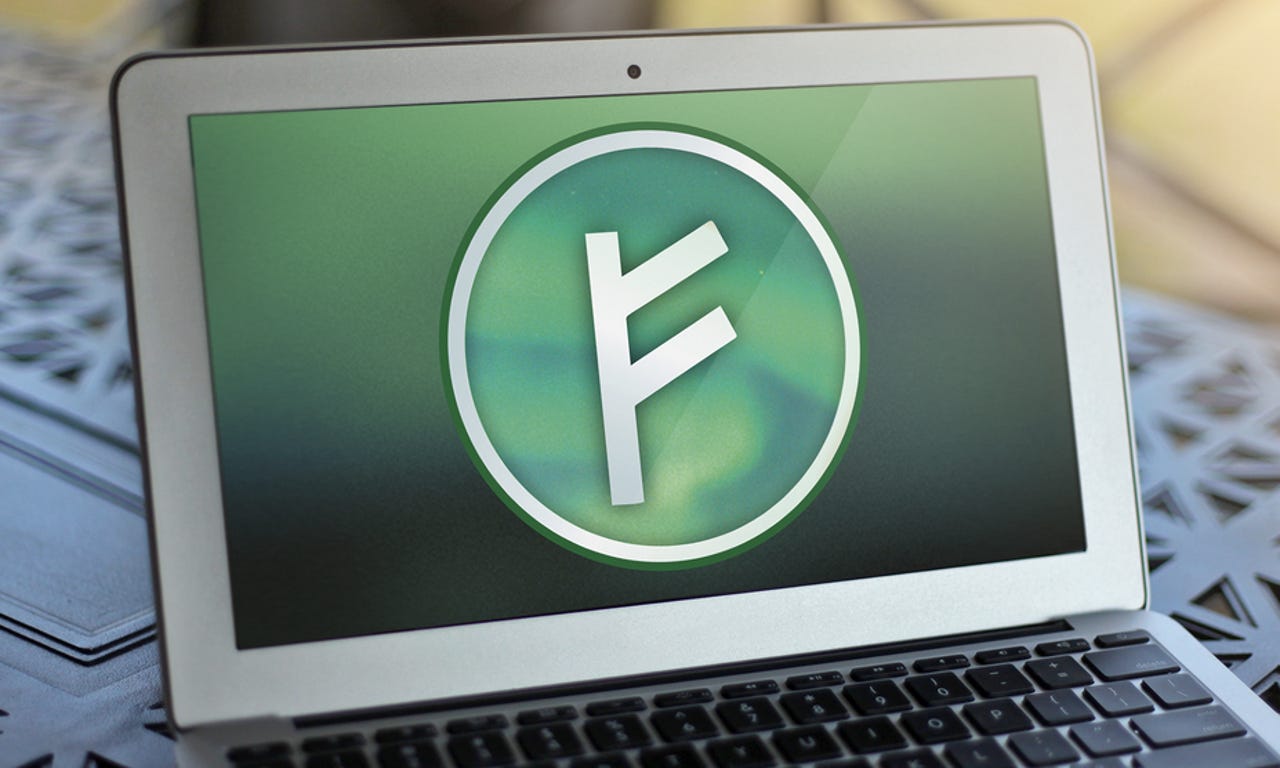auroracoin begins cryptocurrency 'airdrop' to whole of Iceland


One country in Europe that may benefit from a widely-adopted alternative currency, free of central bank constraints, is Iceland, whose entire population — around 300,000 — has just been given a one-off 31.8 unit bag of the fledgling digital currency auroracoin.
Iceland was praised for not bailing out the country's banks following the country's 2008 financial collapse, but according to the founders of auroracoin — a new currency based on Bitcoin derivative Litecoin — some of its other responses, such as strict capital controls that are imposed by Iceland's Central Bank are "slowly bleeding" the local economy.
"These controls were supposed to be 'temporary', but as with so many government actions, they remain in place to this day," said auroracoin's founder, who goes by the pseudonym Baldur Friggjar Odinsson.
"This means that the people of Iceland have, for the past five years, been forced to turn over all foreign currency earned to the Central Bank of Iceland. This means that the people are not entirely free to engage in international trade. They are not free to invest in businesses abroad."
So, today, in a bid to escape these controls Odinsson and co "airdropped" 31.8 Auroracoin to every citizen of Iceland, which they can claim at any time over the next year. auroracoin used Iceland's publicly available national ID database to allocate the payment to citizens and according to a post by auroacoin on Twitter, 2,600 people have claimed their airdrop in the past 12 hours.
auroracoin, which launched in February, earlier this month briefly became the second largest alternative currency by market cap to Bitcoin (excluding the centrally-managed currency Ripple), according to a report by the Wall Street Journal.
With 10.6 million "pre-mined" coins available, auroracoins were worth $39.71 each with a market cap of $381m, briefly putting it ahead of Litecoin's $423m market cap and Bitcoin's $8bn for the metric.
But as with other cryptocurrencies auroracoin has seen large fluctuations in its price, and today, any Icelander that wishes to exchange it for US dollars would only get $11.41 per unit. Then again, as Odinsson points out, Iceland's currency, the krona, has been dramatically devalued relative to the US dollar over the past few decades.
auroracoin's market cap today stands at $121m, according to Coinmarketcap, which still makes it much higher than Peercoin, Dogecoin, and dozens of others.
After the airdrop, anyone interested in acquiring auroracoins will have to mine or trade them. The initial airdrop was done in the hope of spawning a viable alternative to the local krona.
If adopted, the new currency may provide a partial solution to obstacles that local businesses have in attracting foreign investors.
"[The capital controls have] had a crippling effect on foreign investment, as foreigners in general avoid investing in Icelandic enterprises, because of the risk of not being able to convert their investment back into dollars or euros," Ordinsson said.
But Iceland's Central Bank has warned that while it's up to Icelanders whether they choose to use auroracoin for domestic transactions, use it for cross-border transfers of foreign currency would be illegal under its Foreign Exchange Act.
"The Bank is of the opinion that there is no authorisation to purchase foreign currency from financial institutions in Iceland or to transfer foreign currency across borders on the basis of transactions with virtual currency. For this reason alone, transactions with virtual currency are subject to restrictions in Iceland," it said this month.